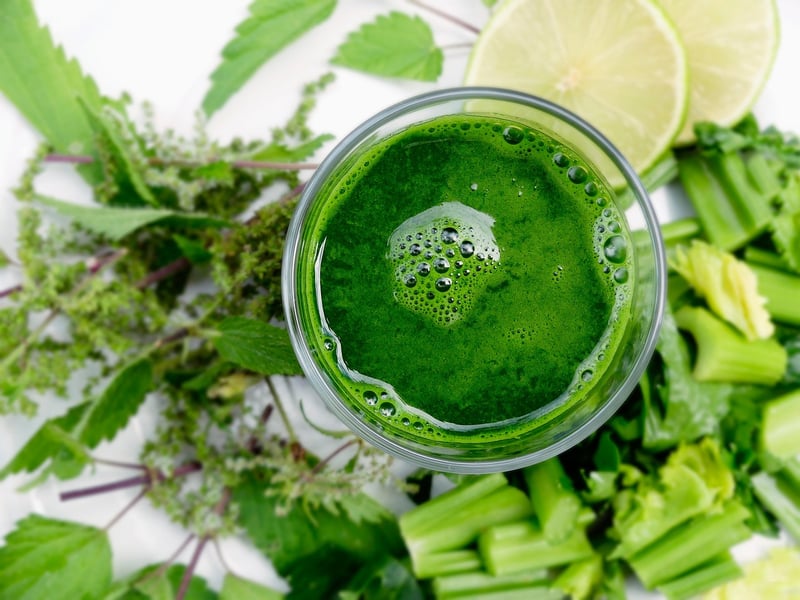Companion Planting
Protecting Your Urban Garden from Pests + Companion Planting

Introduction
Welcome to your urban garden oasis! Whether you're a seasoned gardener or just starting out, keeping your garden free from pests is crucial for a successful harvest. In this guide, we'll explore effective ways to protect your urban garden from pests and introduce you to the concept of companion planting.
Protecting Your Garden from Pests
Urban gardens are often more susceptible to pests due to the limited space and proximity to other greenery. Here are some tips to help you keep your plants safe:
1. Natural Repellents
Use natural repellents like neem oil, garlic spray, or diatomaceous earth to deter pests without harming your plants or the environment.
2. Physical Barriers
Install physical barriers such as row covers, netting, or fences to prevent pests like birds, squirrels, and rabbits from damaging your crops.
3. Crop Rotation
Rotate your crops each season to disrupt pest life cycles and reduce infestations. This also helps maintain soil health and fertility.
Companion Planting
Companion planting is a natural and sustainable way to improve plant health and deter pests by pairing compatible plants together. Here are some popular companion planting combinations:
1. Tomato and Basil
Planting basil near tomatoes can improve tomato flavor and repel pests like aphids and whiteflies.
2. Marigold and Vegetables
Marigolds release a scent that deters pests like nematodes, making them an excellent companion for vegetables like tomatoes, peppers, and eggplants.
3. Cucumbers and Nasturtiums
Planting nasturtiums near cucumbers can attract aphids away from your cucumber plants, acting as a sacrificial crop.
Conclusion
By incorporating these pest control strategies and companion planting techniques into your urban garden, you can create a thriving and bountiful oasis right in the heart of the city. Remember to observe your plants regularly, practice good garden hygiene, and enjoy the rewards of a healthy and pest-free harvest!
Happy gardening!
